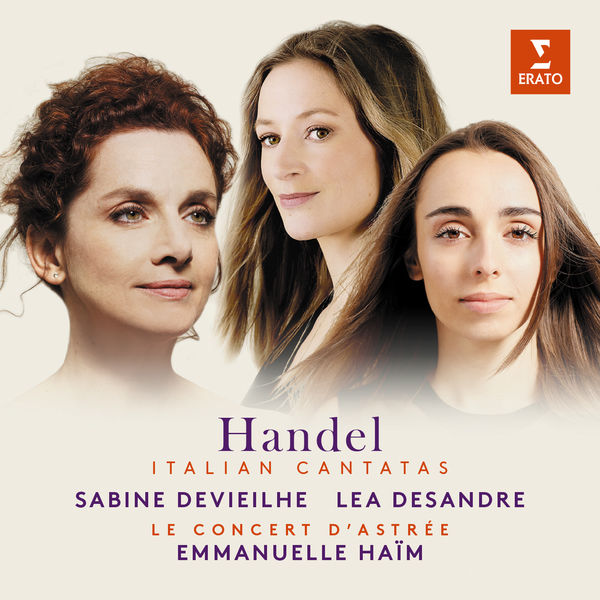Rodrigo and the Concerto di Aranjuez
There are some pieces of classical music that even people that usually don’t care about classical music know, like the beginning of Beethoven’s Fifth, or Bach’s Toccata BWV565.
Joaquin Rodrigo’s Concierto di Aranjuez is one of these pieces. Play the second movement to anybody in the street, and I’d be a lot of them would recognize the melody. It has been used extensively in popular culture, adapted in a lot of pop songs, and even into jazz, in Miles Davis very popular album Sketches of Spain.
But then ask even classical music aficionados to name any other piece by Rodrigo, typically they pass. To modern memory, Rodrigo, who lived from 1901 to 1990, is a typical “one hit wonder”, a fate he shares for example with Max Bruch.
The concerto itself is special not only for the very clear Spanish sound, but most importantly for having a solo guitar. It is named after the Aranjuez gardens of the Spanish royal family. I’ve visited the place some years ago, and it is actually a really beautiful setting.
Thibaut Garcia – Aranjuez – Ben Glassberg – Orchestre National du Capitol de Toulouse (Erato 2020)

Soloist Thibaut Garcia, while growing up in Toulouse, France, has Spanish family roots (as the last name gives away). Not sure if you need to have Spanish blood to play this concert this well, but it certainly doesn’t hurt. Being one of the best young (he’s born in 1994) classical guitarists of today helps as well.
The work is performed with a lot of beauty and grace, as it needs to be. The Toulouse orchestra, conducted by another very young artist, the Brit Ben Glassberg, always follows easily and has all the energy and vibrancy this music needs.
But the album doesn’t stop with after the 20 minutes of the concerto. You get a really beautiful performance of Garcia solo, playing guitar music by Regino Sainz de La Maza, another 20th century Spanish guitar composer.
This is followed by another work for guitar and orchestra, Alexandre Tansman’s Musique de Cour d’après Robert de Visée. Tansman, whose name like Sainz de la Maza was unfamiliar to me (I’m not a great expert of the classical guitar), was a Polish composer of the 20th century that was mostly focused on film music. This piece however is clearly inspired by older music, as the title indicates, references back to Robert de Visée, the famous guitarist (and theorbist, luthenist, etc.) at Louis XIV’s court. My somewhat simple mind is very pleased to note that Tansman, like Rodrigo, has completely ignored the unwritten law written by Schönberg et al that 20th century music after 1920 has to go beyond traditional tonality.
Appropriately, after the music above inspired by de Visée, we move back to the 17th century and de Visée himself, that Garcia performs beautifully.
I really recommend checking this album out if you like classical guitar. And by the way, most music critics agree. This album received a Choc from Classica, a Diapason d’or, and a Gramophone Editor’s Choice.
My rating: 4 stars (5 star playing throughout though, one star discount from me as I don’t consider this absolutly essential repertoire)
















